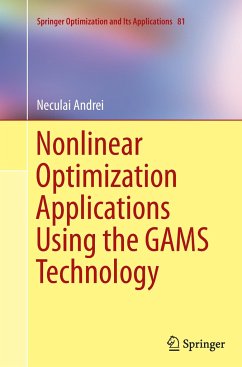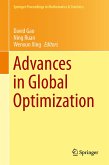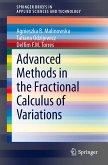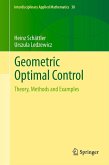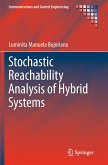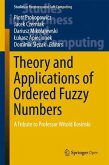The purpose of this book is to develop a wide collection of nonlinear optimization applications from the real-world expressed in the GAMS (General Algebraic Modeling System) language. The book is designed to present these applications in a very general form in such a way so that they could be very easily and quickly understood, updated, or modified to represent real situations from the real-world and is suitable for scientists working in various disciplines that use optimization methods to model and solve problems as well as mathematical programming researchers, operations research practitioners, and management consultants. This book is well suited as additional material for courses in optimization, operations research, decision making, and more. Modeling language in mathematical optimization supports symbols and nonlinear or differential expressions used in descriptions of optimization problems including the concepts of parameters, variables, constraints, and objective functions. Therefore, algebraic oriented modeling languages are the ones used in mathematical optimization systems.
"The book presents the applications in the general form, and focuses on the local optima of the continuous optimization problems. ... The book is self-contained and will be a valuable reference for graduate and PhD. students, as well as the researchers in the area of mathematical programming." (Marcin Anholcer, zbMATH 1401.90001, 2019)

